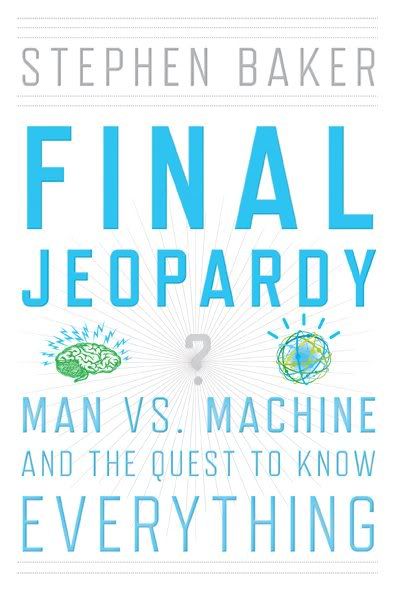 Title: The Martian
Title: The MartianAuthor: Andy Weir
Publisher: Brilliance Audio, 2014 (print edition available from Crown)
Narrator: R.C. Bray
How can you not want to keep reading a book with this as a first line: "So I'm pretty much f***ed."
This is the story of Mark Watney, one of the astronauts on the Ares 3 mission on Mars. Through a series of very unfortunate events, Mark ends up left alone on Mars, stranded, with the entire world thinking he's dead. He must depend on his wits, engineering skills, and botanist background to keep himself alive.
I am enjoying this book VERY much. It's a great audiobook; R.C. Bray is a great reader. But what I'm really enjoying is how funny it is. I never expected to laugh so much while listening to a book about the dire situation of a guy stranded on Mars. But it is extremely entertaining.
There is a lot of technical stuff going on, but I think that's part of the reason why I like it so much too. I'm not a technically minded person; I don't know much about engineering or space exploration or Mars. But Weir does a great job explaining it, especially to lay readers. I think it's because I can actually believe this stuff could happen. I don't really have to suspend my disbelief much. And from other reviews I've read, it sounds like most of the science is pretty solid.
I also like the writing technique of using log entries. It makes sense, considering he is utterly alone and there would be no conversation, so his goofy personality comes out and it's great. But even though it is very funny, it's also a thriller. So far Mark has almost died a BUNCH of times. So sometimes I'm in my car laughing, or sometimes I'm white-knuckled, gripping my steering wheel.
Bonus: This is going to be a movie soon starring Matt Damon. So there's that. This book would definitely translate well to film. Not to mention it won an Alex Award, which are given to adult books with teen appeal.
I don't yet know how the story of Mark Watney ends, but I'm definitely looking forward to finding out! I highly recommend this audiobook, for science buffs, nerds, or anyone who enjoys a great story.
Disclosure: I got a copy of this audiobook from my local library.
 Title/Author:
Title/Author: 